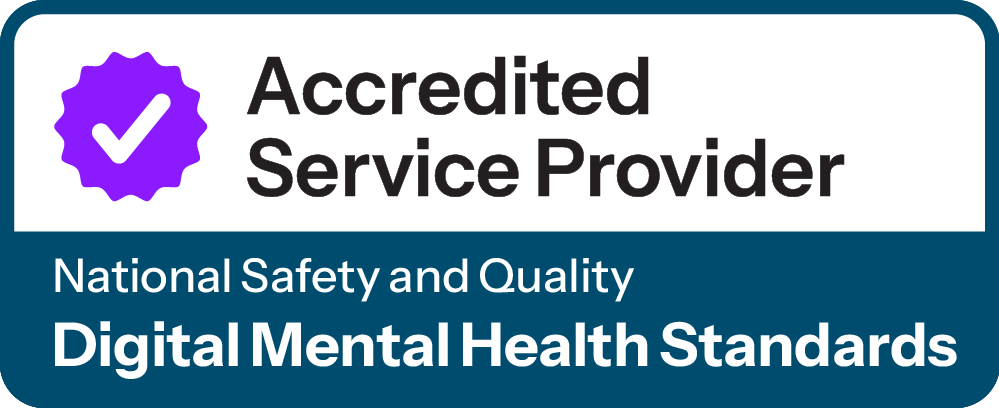By understanding the positive changes that can happen for the young people, parents, carers and educators who use our services, we can learn more about what support works best for our users and maximise our impact.
Our social impact report explores how we’re reaching those who need us, how users are engaging with our support, and how they’re experiencing positive changes through using our products and services.
Our report is guided by our Social Impact Framework and underpinned by our Theory of Change.
Social Impact Framework
Our Social Impact Framework helps us determine what data we collect, so that we can improve our services and resources to support young people to feel better.
It also helps ensure we’re accountable to the people who use our services and those who support us.
There are three key focus areas that make up ReachOut’s Social Impact Framework – reach, engagement and outcomes.

Reach
Measuring Reach helps us understand who is using our services and whether they’re being accessed by those who might need them most.
For example, young people who are currently experiencing mental health challenges.
Engagement
By measuring how engaged our users are with our resources, we can understand whether they’re meeting young people’s needs.
The more engaged users are, the more strongly they’re on the path to experiencing positive change.
Outcomes
Outcome measurement is key to understanding the positive changes resulting from ReachOut’s services.
We’ve identified six core areas where we believe ReachOut can achieve positive change for users of our services. These are our outcome domains.
Outcome Domains
Our Social Impact Framework identifies positive mental health outcomes for young people, parents, carers and educators using our services.
1. Mental health literacy
“I have better knowledge and understanding about mental health”
2. Relief from negative feelings
“I feel better than I did before”
3. Connection
“I feel more connected to others”
4. Validation
“I feel okay about who I am and what I'm experiencing or feeling"
5. Better understanding of self
“I have a better understanding of what I'm/the young person I'm supporting is going through"
6. Sense of agency
“I feel more in control managing challenges to my/my child's mental health”
Theory of Change
A key component of our Social Impact Framework is our Theory of Change model. Our Theory of Change model shows us the connections between the work we’re doing and how engaging with our services can lead to positive mental health impacts. The model is informed by solid research-to-practice foundations.






